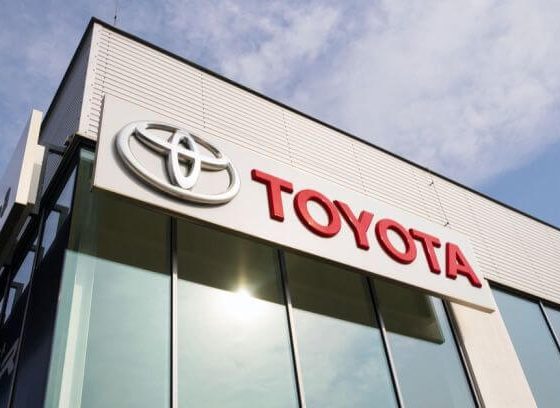Meta Platforms, the parent company of Facebook, faces substantial fines after South Korea’s data protection agency determined it collected sensitive information on nearly a million South Korean users without proper consent.
The $15.67 million penalty underscores mounting scrutiny of Meta’s data practices as regulators worldwide increasingly hold tech giants accountable for privacy violations.
Meta’s infringement in South Korea involved gathering information on users’ religious beliefs, political opinions, and sexual orientations.
This data, obtained from roughly 980,000 Facebook users, was subsequently shared with advertisers, who reportedly utilised it to deliver targeted ads.
The Personal Information Protection Commission (PIPC) highlighted that Meta failed to obtain users’ consent, marking a significant breach of data privacy regulations.
Meta’s data practices under scrutiny in South Korea
The PIPC’s investigation reveals that Meta’s data collection efforts were extensive.
By analysing users’ activity on Facebook, including their likes and ad clicks, Meta created targeted advertising categories that touched on sensitive topics, such as religion, sexual orientation, and political views.
The commission identified approximately 4,000 advertisers who benefitted from this data, allowing them to tailor ads more effectively based on these sensitive insights.
This unauthorised data usage illustrates the increasing ethical concerns surrounding social media companies’ ad-driven models, especially when it involves private, sensitive user data.
User privacy demands rejected as security breaches emerge
Meta’s breaches extended beyond data collection.
According to the PIPC, Meta denied requests from users to access their personal information, a move that contravenes privacy rights and user control over personal data.
Compounding this, the investigation found that Meta did not prevent a hack that compromised data from about ten South Korean users.
The breach, along with Meta’s refusal to provide users access to their data, further exemplifies the company’s negligence in safeguarding user information.
South Korea’s robust response to data violations
South Korea’s decision to fine Meta reflects the country’s determination to protect digital privacy amid growing concerns about the impact of data-driven advertising.
The South Korean authorities’ stance is not unique; governments globally are becoming more vigilant, and fines for privacy breaches are on the rise.
South Korea’s penalty against Meta, however, is one of the most substantial levied against a foreign tech firm in recent years, underscoring its firm position on user privacy and data security.
Fines follow global pattern of tech regulation
This hefty fine is part of a broader trend of tech regulation targeting privacy abuses by major social media platforms.
Recently, Meta faced similar fines in the EU and the US, with regulatory bodies stressing transparency and accountability in data handling practices.
South Korea’s PIPC, like other global regulators, views these fines as essential to enforcing compliance among tech giants.
For Meta, the ruling may prompt a reevaluation of its data practices, especially as other countries, such as Japan and India, consider tightening data privacy laws.
Implications for Meta’s global data handling policies
Meta’s repeated run-ins with data protection agencies around the world highlight a growing expectation for the company to respect local privacy regulations.
As Meta and other global tech firms face mounting pressure to adopt stringent privacy measures, this ruling could lead to adjustments in its approach to user data handling, especially in regions with strict data privacy frameworks.
The South Korean fine could signal to other countries that data breaches and privacy infringements may no longer go unchecked, possibly triggering further penalties or regulatory actions.
Future of data privacy compliance for social media firms
The fine against Meta signifies a possible turning point for the tech industry, as regulatory bodies globally intensify their scrutiny of data practices.
With the rise of digital advertising and AI-driven recommendations, user data remains a valuable yet controversial asset.
Social media companies are now more likely to face higher standards for transparency and compliance, prompting platforms like Meta to rethink how they process and monetise user data while respecting individual privacy rights.
The post Meta fined $15.67 million for unauthorised data collection in South Korea appeared first on Invezz


